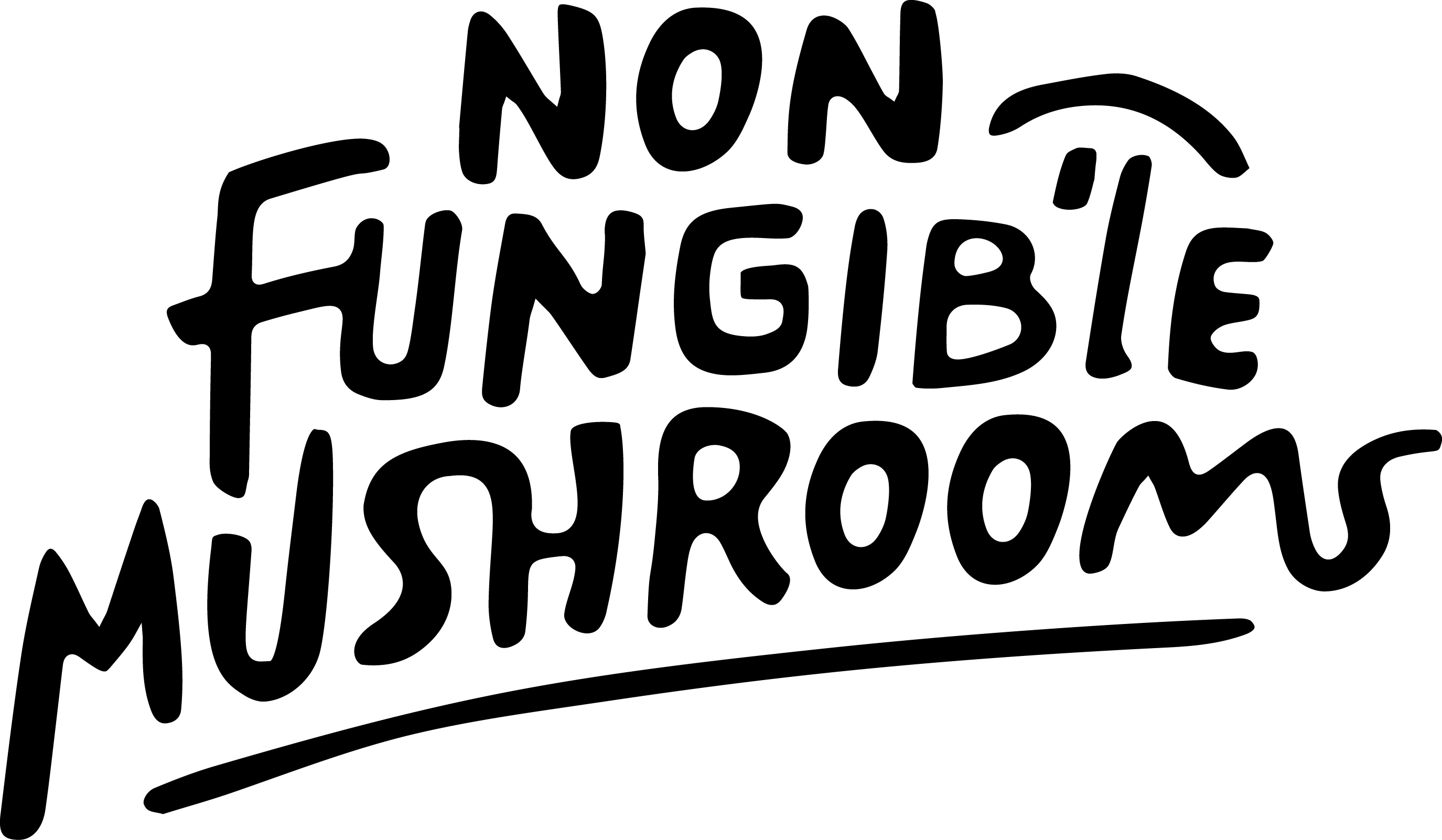People often take the food that they consume for granted, it is only a trip to the local supermarket to get anything you fancy and these days it’s via an app, just simply order your groceries online but ever wonder where that juicy apple or that tender cut of steak actually comes from? The journey from farm to table can be long and complex, and the choices made along the way have a significant impact on our planet. This is where sustainable food sourcing steps in, becoming a game-changer for not just our plates, but for the health of our entire planet.
More Than Just a Meal: The Significance of Sustainable Food Sourcing
Sustainable food sourcing goes beyond simply putting food on the plate. It's about ethical and environmentally responsible practices throughout the entire food chain – from seed to table. This includes aspects like sustainable agriculture, responsible land management, and fair treatment of workers. Why is this so important? Here's the lowdown:
-
Protecting Our Planet: Unsustainable food production practices can be major culprits in environmental damage. Depleted soil, deforestation, and heavy water usage are just a few of the concerns. Sustainable sourcing, however, promotes practices that replenish resources and minimize our environmental footprint.
-
Building a Healthier Future: Sustainable agriculture often translates to healthier food. Organic farming, for example, eliminates harmful pesticides and chemicals, resulting in cleaner food options. Additionally, supporting local farmers ensures access to fresh, seasonal produce, packed with nutrients.
-
Social Responsibility: Sustainable food sourcing goes beyond the environment. Fairtrade practices, for example, ensure that farmers and workers receive fair wages and work in safe conditions. This fosters strong communities and empowers those who grow and produce the food we eat.
The Ugly Truth: Environmental Impacts of Unsustainable Sourcing
The reality is, unsustainable food production is taking a toll. Here's a glimpse of the challenges we face:
-
Climate Change: Large-scale agriculture often involves deforestation, which releases harmful greenhouse gases. Additionally, excessive use of fertilizers can contribute to nitrous oxide emissions, further exacerbating climate change.
-
Water Scarcity: Unsustainable practices can deplete water resources, impacting entire ecosystems and creating water scarcity in certain regions.
-
Soil Degradation: Monoculture farming, where the same crops are grown repeatedly on the same land, depletes the soil of its nutrients. This reduces yields and leads to the need for more land and resources.
Benefits of Sustainable Food Practices
Thankfully, there's a brighter side! Sustainable food sourcing offers a multitude of benefits:
-
Environmental Preservation: By promoting practices like organic farming and crop rotation, we can protect soil health and reduce water usage. This also leads to healthier ecosystems, supporting biodiversity, and promoting natural pest control.
-
Supporting Communities: Local sourcing fosters a strong connection between farmers and consumers. This strengthens local economies and ensures fair wages for those who grow our food.
-
Promoting Healthier Diets: Sustainable practices often encourage a focus on fresh, seasonal produce. This shift towards plant-based options and reduced consumption of processed foods can contribute to healthier diets overall.
How to Promote Sustainable Sourcing
So, how can we contribute to a more sustainable food system? Here are some practical steps:
-
Be an Organic Advocate: Choosing organic food whenever possible goes a long way. Organic farming eliminates synthetic pesticides and fertilizers, resulting in cleaner food and healthier soil.
-
Embrace Local Goodness: Farmer's markets and Community Supported Agriculture (CSA) programs connect you directly with local producers. This reduces food miles, ensures freshness, and supports your local economy.
-
Think Before You Toss: Food waste is a massive problem. Planning meals, buying only what you need, and composting scraps can significantly reduce your footprint.
-
Meat Matters: While meat can be a part of a healthy diet, excessive consumption strains resources. Consider incorporating more plant-based meals or opting for sustainably raised meat sources. Mushrooms are a good alternative.
Ethical Eating: It's Not Just About the Food
Ethical eating goes hand-in-hand with sustainable sourcing. Here's how your choices can make a difference:
-
Supporting Fair Trade: Look for products certified by Fair Trade organizations. This ensures fair wages and safe working conditions for farmers and workers around the globe.
-
Reduce, Reuse, Repurpose: Opt for reusable shopping bags and containers to minimize single-use plastics. Additionally, consider buying in bulk to reduce packaging waste.
-
Embrace Transparency: Seek out brands that are transparent about their sourcing practices. Look for companies that prioritize sustainability and provide detailed information about their supply chains. At Non-Fungible Mushrooms, we pride ourselves on transparency. If it doesn’t come from the Earth, you won’t find it in our formulas. Check out the lab reports to go in-depth about each an every ingredient used in our Mushroom Adaptogen Powders.
Sustainable Agriculture: The Backbone of Responsible Sourcing
Sustainable agriculture is the foundation of a healthy food system. Here's what makes it special:
-
Organic Practices: Organic farming relies on natural methods for pest control and soil health. This includes crop rotation, cover crops, and composting.
-
Cover Crops: These are plants grown between cash crops or during fallow periods. They help suppress weeds, improve soil fertility, and prevent erosion.
-
Composting: Utilizing food scraps and yard waste to create nutrient-rich compost provides organic fertilizer for crops, reducing reliance on synthetic options.
-
Water Conservation Techniques: Drip irrigation, rainwater harvesting, and using drought-resistant crops can significantly reduce water usage in agriculture.
Beyond Organics: Exploring Regenerative Agriculture
Regenerative agriculture takes sustainable practices a step further, aiming to improve the health of the land over time. Here are some key principles:
-
Minimizing Soil Disturbance: Techniques like no-till farming help preserve soil structure and promote beneficial microbial activity.
-
Biodiversity Enhancement: Integrating diverse plant and animal life within agricultural ecosystems creates a more balanced and resilient environment.
-
Holistic Approach: Regenerative agriculture considers the entire farm ecosystem, fostering a healthy balance between crops, livestock, and the land.
Local Love: The Power of Farm-to-Table Sourcing
Local sourcing isn't just a trend, it's a sustainability superpower:
-
Reduced Food Miles: The distance food travels can significantly impact its carbon footprint. Supporting local farmers cuts down on transportation emissions and ensures fresher produce.
-
Stronger Communities: Local food systems connect consumers directly with the people who grow their food. This fosters a sense of community, supports local businesses, and strengthens the local economy.
-
Knowledge of Farming Practices: By supporting local farms, you can gain a deeper understanding of their practices and the challenges they face. This connection fosters trust and transparency within the food system.
Building a Sustainable Food Supply Chain: From Farm to Fork
Creating a truly sustainable food system requires a holistic approach, focusing on the entire supply chain "from farm to fork." Here's how we can build a better food future:
-
Empowering Local Farmers: Supporting local farms not only reduces food miles but also strengthens local economies. Look for initiatives like Community Supported Agriculture (CSA) programs that allow you to invest in a farm's harvest and receive fresh, seasonal produce directly.
-
Minimizing Food Waste: Food waste is a global problem, accounting for a significant portion of environmental impact. We can be part of the solution by planning our meals, buying only what we need, utilizing leftovers creatively, and composting food scraps.
-
Championing Responsible Sourcing: Look for brands and companies that prioritize responsible sourcing practices. This includes working with farmers who use sustainable agricultural methods and ensuring fair wages and working conditions throughout the supply chain.
Sustainable food sourcing goes beyond just supporting local farms. Here's how eco-friendly practices are changing the game:
-
Reduced Packaging: Opt for brands that use minimal packaging or packaging made from recycled materials. This reduces waste and minimizes the environmental impact of transporting food.
-
Sustainable Transportation: Companies that utilize efficient transportation methods, such as electric vehicles or fuel-efficient options for long-distance deliveries, can significantly reduce their carbon footprint.
-
Renewable Energy Integration: Food processing and storage facilities that utilize renewable energy sources like solar or wind power can further contribute to a more sustainable food system.
Organic and Fair Trade: A Match Made in Sustainable Heaven
Organic and Fair Trade practices are cornerstones of sustainable sourcing:
-
The Organic Advantage: Organic agriculture prioritizes soil health, eliminates synthetic pesticides and fertilizers, and promotes biodiversity. This results in cleaner food for consumers and a healthier environment.
-
Fair Trade's Guiding Principles: Fair Trade certification ensures fair wages and safe working conditions for farmers and workers globally. This empowers communities, promotes sustainable farming practices, and creates a more equitable food system.
Your Choices Drive Change – Conscious consumption is a powerful tool! By making informed choices about the food we buy, we can send a clear message to the food industry:
-
Knowledge is Power: Educate yourself about sustainable food practices and certifications like organic and Fair Trade. This empowers you to choose products that align with your values.
-
Supporting Sustainable Brands: Seek out companies committed to responsible sourcing. Look for brands with transparent supply chains and a focus on ethical and sustainable practices.
-
Speak Up! Let your voice be heard. Contact your local representatives and grocery stores, urging them to prioritize ethically sourced and sustainable food options.
Conclusion: A Sustainable Feast for the Future
The future of sustainable food sourcing is brimming with innovation! Here are some exciting developments:
-
Precision Agriculture: Utilizing technology to optimize resource use, such as targeted irrigation and fertilizer application, can significantly reduce environmental impact.
-
Vertical Farming: Growing crops in vertically stacked layers maximizes yield in urban areas and reduces reliance on traditional farmland.
-
Regenerative Food Systems: This approach aims to not only minimize environmental impact but also regenerate ecosystems and reverse climate change. It emphasizes practices like carbon sequestration in soil and fostering biodiversity.
Sustainable food sourcing is not just a trendy buzzword, it's a necessity. By adopting responsible food choices and supporting sustainable practices, we can create a healthier planet, empower communities, and ensure a vibrant and ethical food system for generations to come. Remember, every bite counts! So, let's all become champions of sustainable food, one delicious and conscious choice at a time.
Additional Tips for Sustainable Food Sourcing:
-
Explore Farmers Markets: Not only do farmers markets offer fresh, seasonal produce, but they also give you the opportunity to connect directly with the people who grow your food. Ask them about their farming practices and learn more about the journey of your food.
-
Embrace Imperfect Produce: Grocery stores often reject cosmetically imperfect fruits and vegetables. Look for stores that offer these "ugly" options at a discount. They're just as delicious and nutritious, and it helps reduce food waste.
-
Consider Plant-Based Alternatives: Animal agriculture has a significant environmental footprint. Explore incorporating more plant-based meals into your diet. Look for sustainable options like lentils, beans, and tofu for protein, and explore plant-based milk and yogurt alternatives.
-
Support Sustainable Seafood: Look for seafood certified by the Marine Stewardship Council (MSC). This certification ensures the seafood is caught or farmed in a way that minimizes environmental impact and supports healthy fish populations.
By incorporating these tips and embracing a more conscious approach to food sourcing, we can all contribute to a healthier and more sustainable future for our planet.



